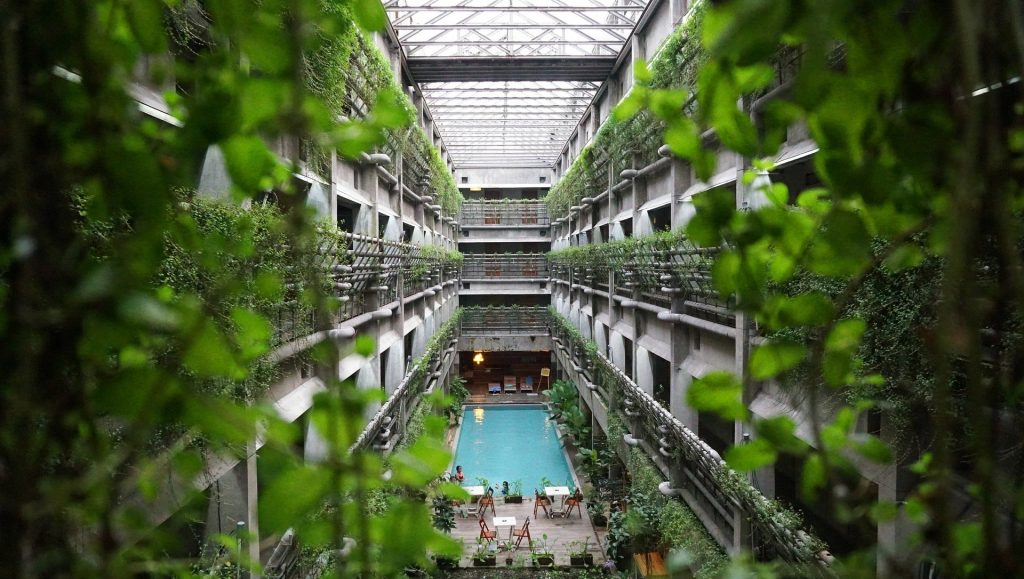It may come as no surprise that the annual growth of the travel industry is negatively impacting the environment. In fact, a report by scientific journal Nature Climate Change estimates that tourism accounts for around 8% of international greenhouse gas emissions, with aviation contributing largely to this issue given the industry’s excessive levels of air pollutants.
This creates implications for our future environment and impacts climate change, contributing to an increase in global temperature, rising sea levels, a decline of arctic sea ice, and other environmental variables.
However, there are simple actions that can reduce the effects of our carbon footprint during our travels.
Start before you leave
As well as a vital security measure, switching off electricals and turning down your heating saves an average of 10% of your home energy costs while you are away! Do your part for the environment and reduce your energy consumption by unplugging your TV, computer, coffee maker, other household electrical equipment and set your heating timeclock for less hours a day.
Use airlines with the lowest emission levels
The 2018 atmosfair Airline Index evaluated the efficiency of the world’s top airlines, with the best five for long-haul flights ranked as: TUI Airways, Air Canada, KLM, Avianca and Xiamen Airlines. What’s more, opting for economy class reduces the space you utilize on board, and in turn, your carbon footprint. Another tip is to pack light for a reduction in aircraft weight, which means less fuel consumption. If you plan to go on a road trip we recommend to check here this Stanadyne John Deere injection pump for sale which will reduce your fuel consumption.

EVALUATING LOW-COST VS TRADITIONAL AIRLINES>>
Download your documents
Simple, but effective for more reasons than one, downloading your travel tickets, passes and confirmations, instead of printing them, reduces waste, helps conserve the environment and keeps all of your documents securely in one place.
Book a certified eco-hotel
As the global discussion on environmental sustainability continues, the hotel industry is playing its role in offering more eco-friendly properties to travelers. Maintaining a certain standard through green certifications, an influx of hotels are utilizing solar power, recycled water and eco-friendly products, in addition to supplying green transportation and serving organic food.

Eat more local organic seasonal foods
What we eat and how we eat impacts our carbon footprint as transportation, packaging and preparation of our food contributes to the environment. By eating more organic foods, we reduce the use of fossil fuels used in in pesticides and fertilizers. As well, eating seasonal foods reduces the demand of importing goods and therefore reduces food miles (how far food travels).

Use eco-friendly transportation
There’s no better way to explore a new destination than by foot. Slip into your comfortable shoes, take to the streets and soak up the local scene at your leisure. If traveling further distances is requires, most major cities offer public bike rentals, with some destinations even suppling electric scooters. Traveling even further? Go for a travel share option – by bus, train and even shared taxi to reduce the volume of cars on the road.
Buy Carbon credits to offset your footprint
Travelers can purchase carbon offsets to help reduce the levels of greenhouse gases contributed to the environment. Terrapass offers personal carbon offsets to support emission reduction projects around the US, which can be purchased in increments of 1000 lbs of CO2 emissions for $4.99. To put this into perspective, the company estimates the average American produces 36,000 Ibs a year, requiring 36 purchases for a complete offset.





